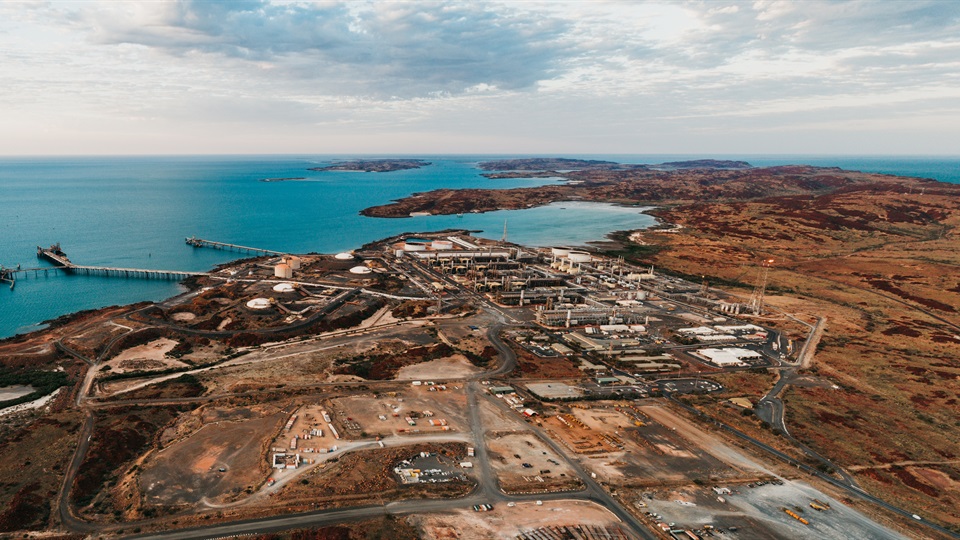Australia’s Woodside and its North West Shelf LNG venture partners have finalized agreements with the Western Australian government aimed at processing Pluto gas through the NWS project’s facilities.
The arrangements will enable the supply from Woodside’s Pluto field via an interconnector pipeline to the Karratha plant, Australia’s oldest LNG terminal, Woodside said on Friday.
This move follows the signing of a fully-termed gas processing deal between a unit of Woodisde and the NWS partners in December last year.
The Karratha plant, part of the Woodside-led North West Shelf project, has been liquefying gas from fields located off the north-west coast of Australia for more than 30 years.
Hovewher, these fields are slowly running out of gas and the project is now shifting its focus towards a different business model aimed at processing gas from third parties.
Under the deal with Woodside Burrup, operator of the Pluto LNG terminal, the Karratha plant will process about 3 million tonnes of LNG and 24.7 petajoules of domestic gas in the period 2022-2025 from the offshore Pluto field.
This gas would reach the Karratha plant through the Pluto-KGP Interconnector, which is targeting start-up in 2022.
In addition to the deal above, Woodside said it has also agreed with the Western Australian government to market and make available an additional 45.6 petajoules of domestic gas from its existing NWS equity position from 2025.
“Connecting the Pluto and NWS facilities accelerates the production of offshore Pluto gas and provides flexible access to emerging LNG processing capacity,” Woodside CEO Peter Coleman said.
“The Pluto-KGP Interconnector is the first step in realising our vision for a regional LNG hub on the Burrup Peninsula,” he said.
Construction work progressing
Woodside said construction started this month on the additional infrastructure required at KGP and the five-kilometre, 30-inch Pluto-KGP Interconnector.
Furthermore, the interconnector pipeline will be constructed along the existing Dampier
to Bunbury natural gas pipeline corridor.
The Australian firm says the project would employ an average of 250 workers during the construction phase, with the workforce expected to peak at 320.
The Karratha gas plant has five LNG trains with a capacity of 16.9 million tonnes per year. The facility also features domestic gas trains, condensate stabilisation units and LPG units.
Besides operator Woodside, other partners in the NWS project include Chevron, BP, Shell, BHP, and Japan Australia LNG.

